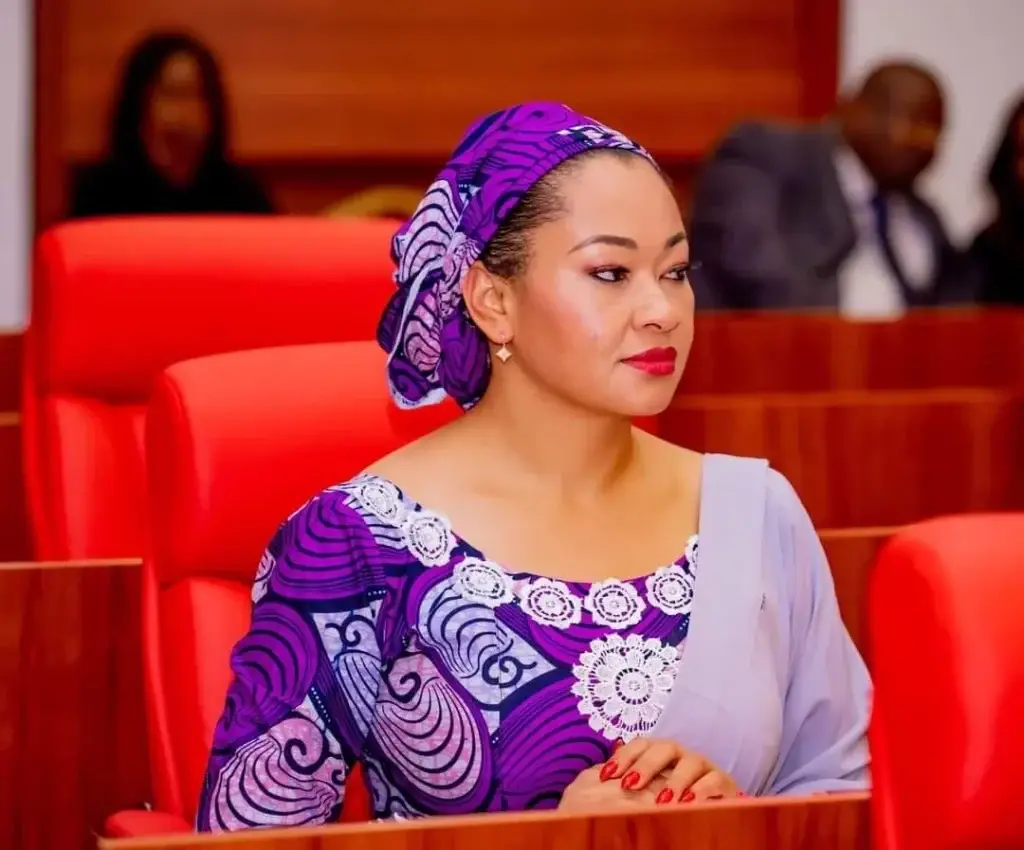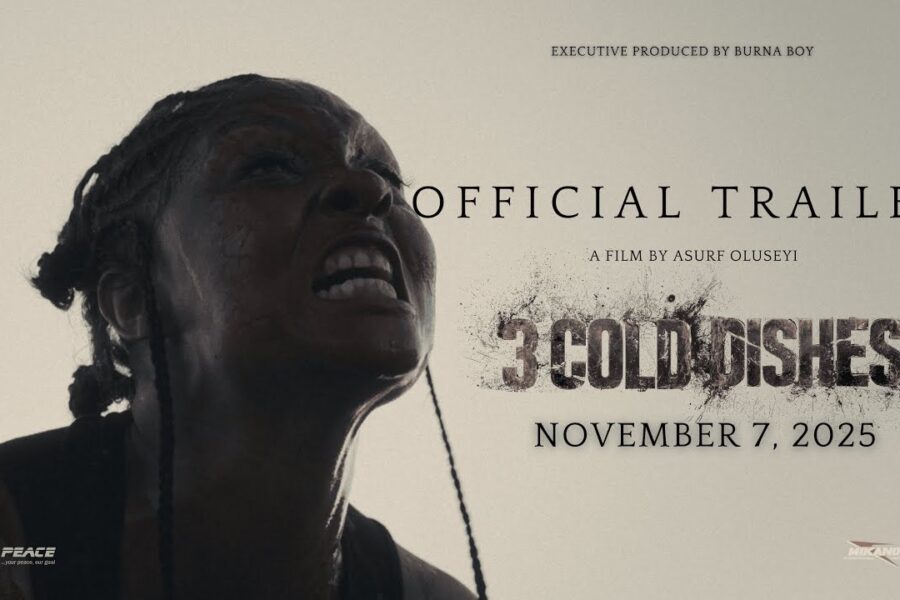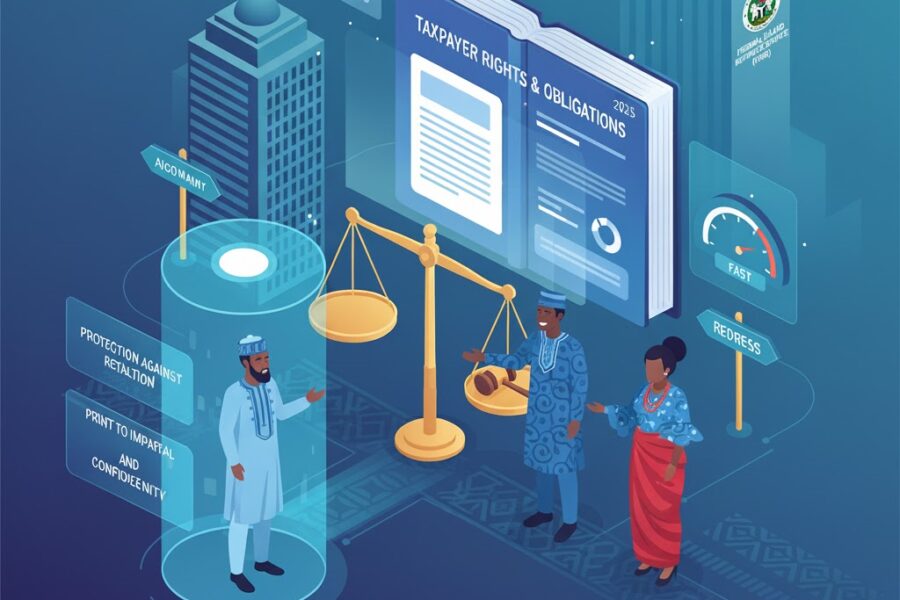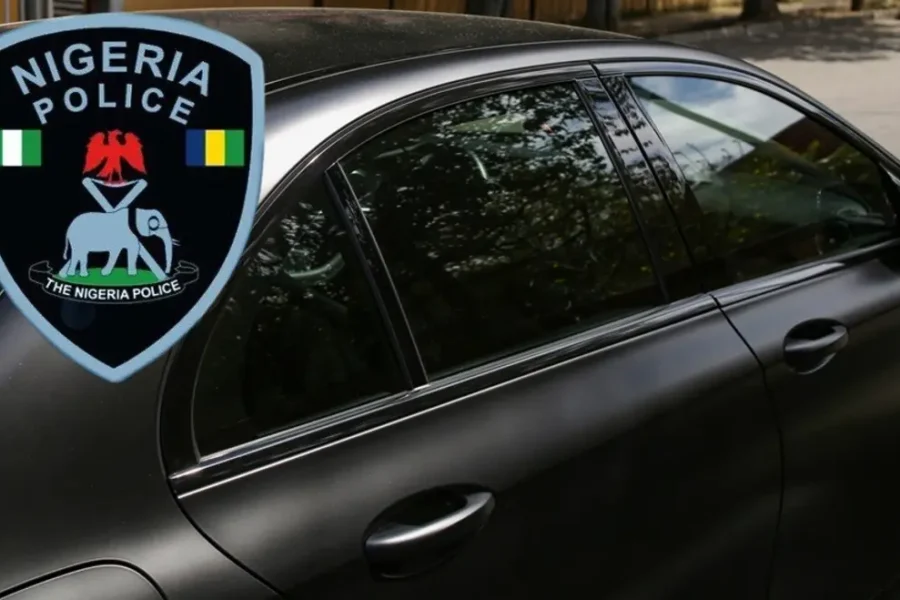Academic vs. Practical: Analyzing the Legal Implications of Senator Akpoti’s Senate Appeal Case
By Edidiong Offiong James, LL.B (Hons.)
The ongoing legal dispute between Senator Natasha Akpoti and the Nigerian Senate leadership has raised critical questions about the practicality of pursuing appeals after the disputed matter becomes moot. This analysis examines whether continuing with the appeal regarding her expired suspension serves any meaningful legal purpose or has devolved into a purely academic exercise.
The fundamental principle that justice must be both done and seen to be done, as established by Lord Hewart C.J. in R v SUSSEX JUSTICES, EX PARTE MCCARTHY (1924), underscores the importance of timely and effective judicial intervention. However, the Nigerian judicial system often faces challenges with prolonged cases that ultimately lose their practical relevance.
The Supreme Court has consistently maintained that courts exist to resolve actual disputes rather than engage in theoretical exercises. This position was clearly articulated in A.G. FEDERATION V. A.G. ABIA STATE & ORS (2001). Several landmark cases demonstrate this principle:
1. In UBA v UKACHUKWU (2004), the Supreme Court dismissed an appeal concerning election candidate nomination after the election had already taken place.
2. The PLATEAU STATE V. A.G. FEDERATION (2006) case was similarly dismissed when the challenged state of emergency expired before the hearing.
3. ADEOGUN V. FASHOGBON (2008) further reinforced this principle when policy changes rendered the original dispute moot.
In Senator Akpoti’s case, the expiration of her suspension period has fundamentally altered the practical significance of the pending appeal. The continued pursuit of this case raises questions about judicial economy and the effective use of court resources.
The opposition to Senator Akpoti’s resumption of legislative duties appears to lack legal foundation, given that the suspension period has elapsed. This situation potentially infringes upon the democratic rights of her constituents to representation in the Senate.
This analysis concludes that the pending appeal has become academic, as any judgment rendered would have no practical effect on the expired suspension. The appropriate course of action would be for the Senate leadership to withdraw their opposition to the Senator’s resumption of duties and allow the democratic process to proceed unimpeded.







Leave a Comment